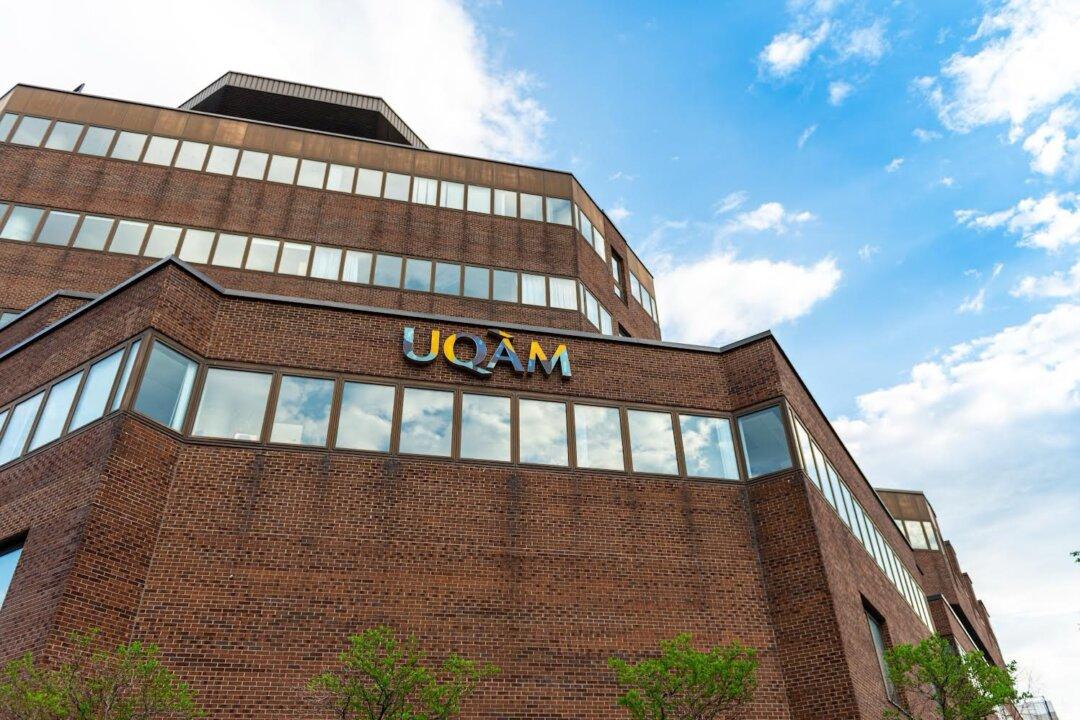A Quebec professor is a participant of a Chinese talent recruitment program deemed by Canada’s intelligence service as a “serious threat” to Canadian research and intellectual property.
Changhui Peng, a professor of biological sciences at the University of Quebec in Montreal (UQAM) since 2003, joined China’s Thousand Talents Plan in 2010. His participation in the Chinese talents recruitment plan was highlighted on his online profile at the Northwest A&F University, a school in China’s Shaanxi Province, which specializes in agriculture and forestry.





